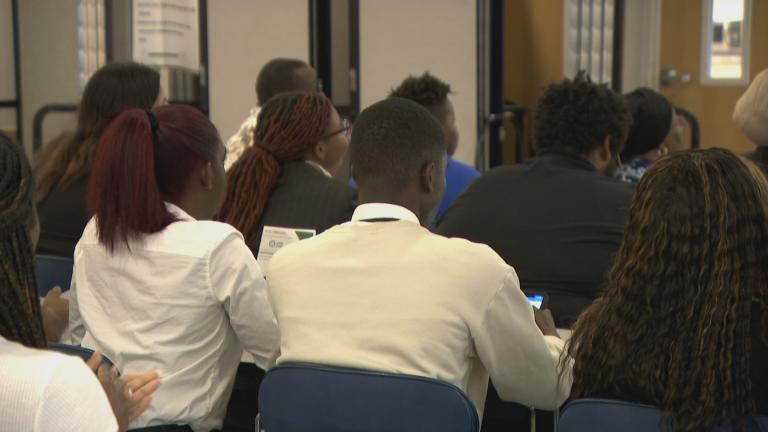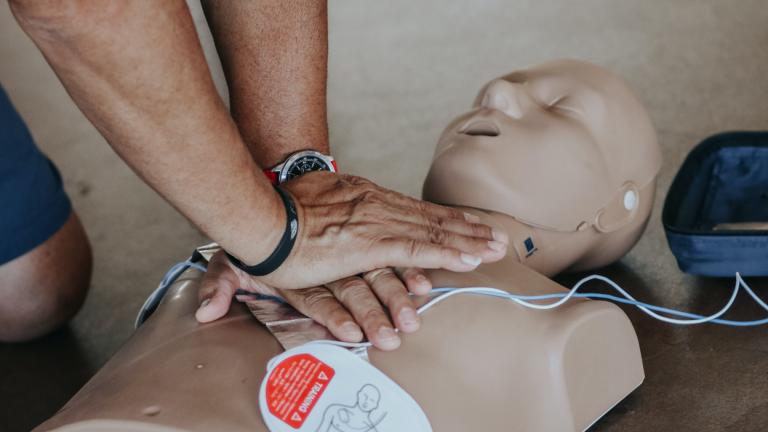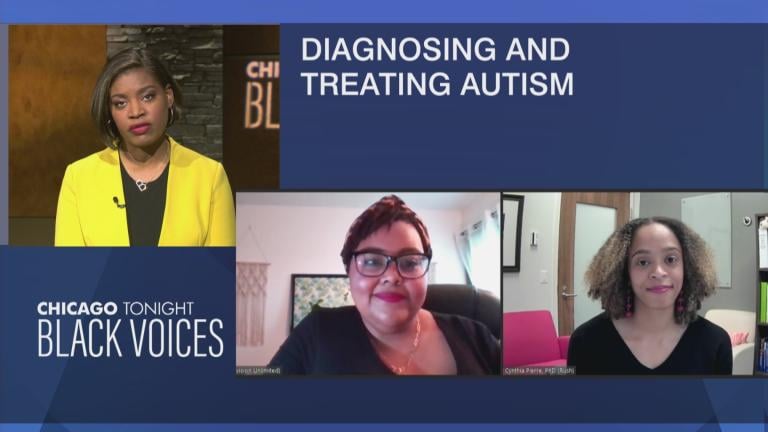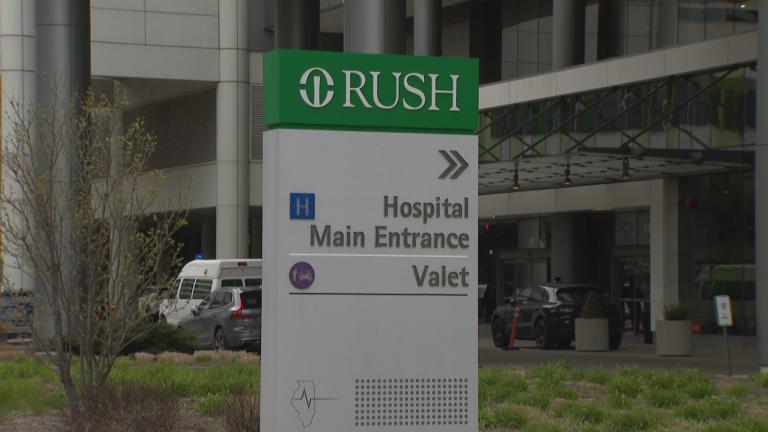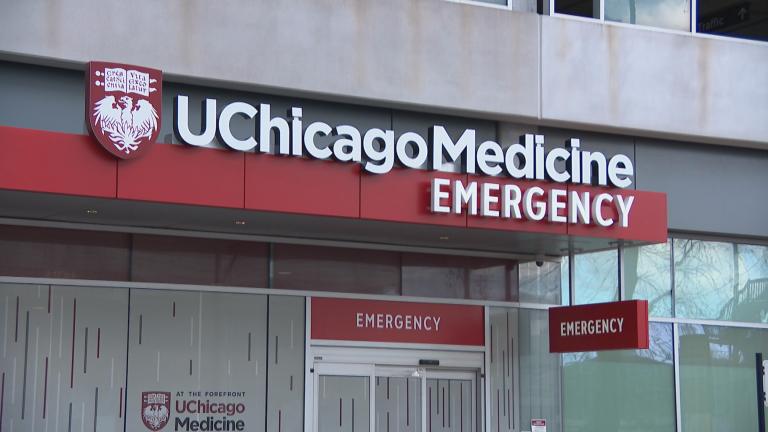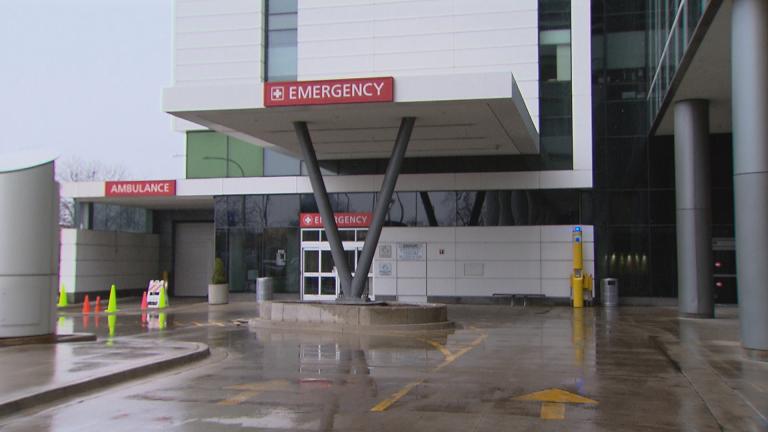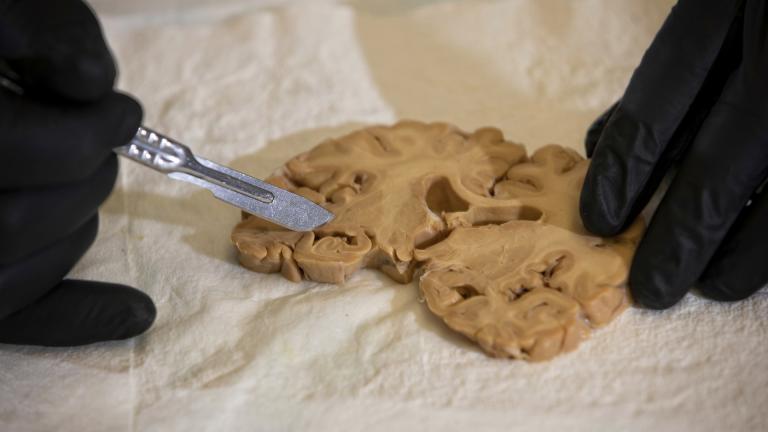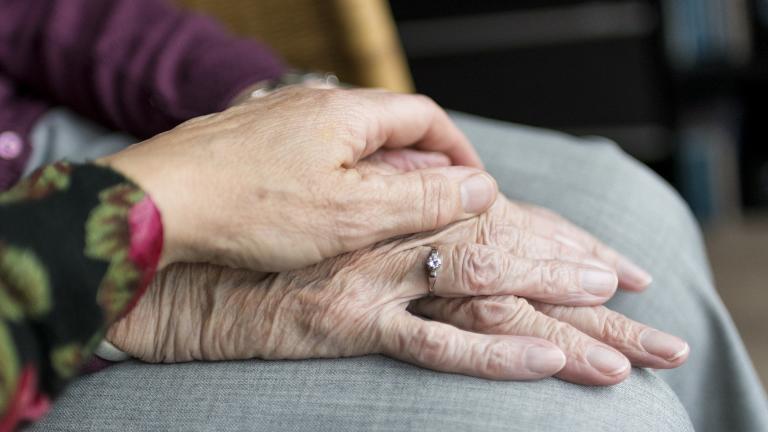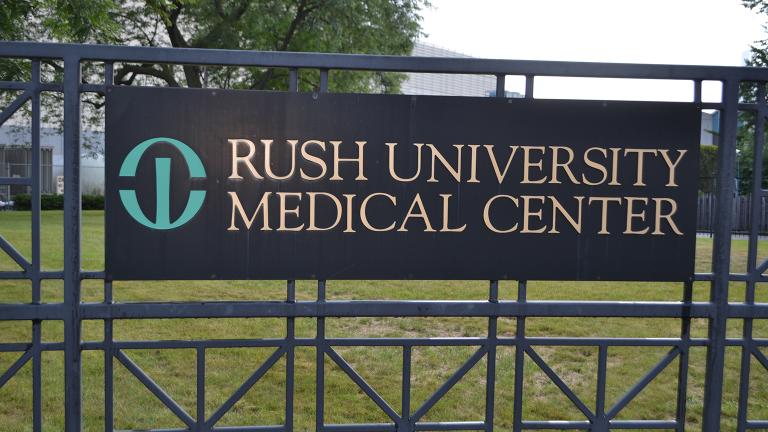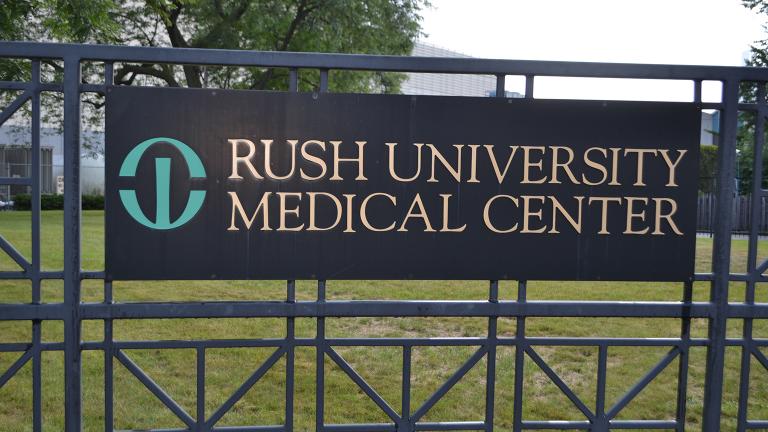Amid many unanswered questions and the end of the federal COVID-19 public health emergency declaration earlier this year, long COVID patients remain in limbo as they continue to manage and live with their symptoms.
Rush University Medical Center
Black and Latino students in health care career paths recently shared their findings on past experiments during a summer internship program at Rush University Medical Center.
According to a 2022 American Heart Association study, Black and Latino people experiencing cardiac arrest are 41% less likely than their White peers to receive CPR from a bystander. But health professionals say just about anyone with hands can help save a heart.
A coalition of community-led groups just received $10 million from the Pritzker Traubert Foundation to help fund a wide-ranging project. It’ll bring together a range of services and opportunities — from health and wellness, to arts and culture and beyond.
Autism affects about one in 44 children, and while therapists say early intervention is key to treating it effectively, Black children are five times more likely to be misdiagnosed or diagnosed later in life.
The Illinois Department of Public Health reported just over 1,463 new COVID-19 cases Monday, up from 756 cases a week ago. That’s in comparison to a high of more than 42,903 cases reported on Jan. 7 at the height of omicron.
Nationwide, more than 3 million people have epilepsy. Of those, 400,000 are Latino. The neurological condition causes seizures as a result of a genetic disorder or injury to the brain. And while epilepsy can cause difficulties for those diagnosed with it, Latinos face an additional range of health care barriers.
Planning to visit a patient in the hospital? Check first.
Like everything else in the era of COVID-19, visiting a friend or family member in the hospital has changed. Here’s what you can expect.
Illinois hospitals are postponing elective surgeries, reconfiguring their emergency rooms and are making extra space in their intensive care units as they prepare for a spike in patients suffering from novel coronavirus.
Cancer treatment can be costly, but new findings from Rush University Medical Center suggest an inexpensive, effective treatment could be within reach.
Some people told they have Alzheimer’s may instead have a newly identified mimic of the disease — and scientists say even though neither is yet curable, it’s critical to get better at telling different kinds of dementia apart.
New research suggests seniors who aren’t on guard against scams also might be at risk for eventually developing Alzheimer’s disease.
The health system said in a recent financial filing that the exposed data may include names, addresses, birthdays, Social Security numbers and health insurance information.
The donation from Chicago philanthropists Robert and Emily King will increase clinical trials at the hospital and create a fund for nursing education.
From decreasing access to opioids, to identifying patients at risk of addiction: A look at what local hospitals are doing in the fight against opioid addiction.


